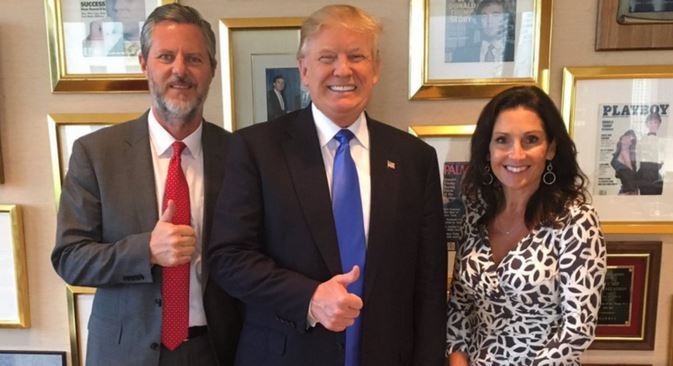Rusty Reno has concluded that I am a “respectable evangelical,” an appellation which he does not intend as a compliment. His comments come in response to my article for America Magazine, on the relationship of conservative Catholics and Evangelicals under and beyond Trump. Reno suggests that whatever insights the piece has, the “rank-and-file are invisible” in my description of evangelicalism’s political landscape, “neglecting the obvious fact that [‘old guard’ evangelicals like Jerry Falwell, Jr. are] leaders because so many people follow them,” and adopting “a New York Times analysis of the great bulk of evangelical voters who voted for Trump.”
Login to read more
Sign in or create a free account to access Subscriber-only content.
Topics:
